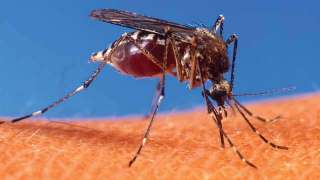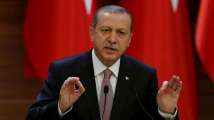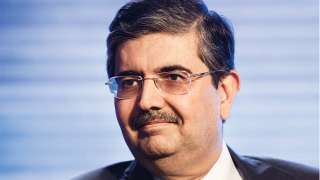Big relief as Centre, states' move makes fuel Rs 5 cheaper
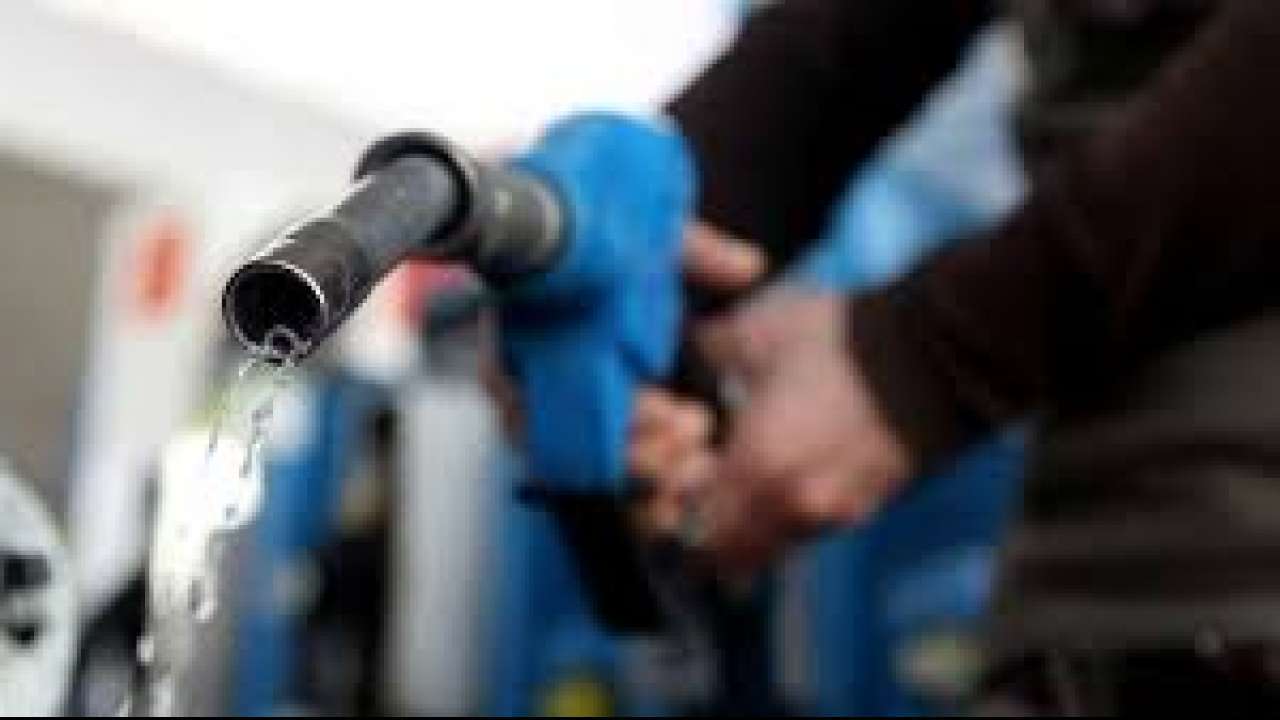
fuel Representational image
While the Centre extended relief to consumers ahead of the festive season by way of price-cuts on petrol and diesel, it remains to be seen whether the Opposition will extend the benefits at state level. BJP-ruled states including Gujarat, Maharashtra, Uttar Pradesh, Chattisgarh, Jharkhand, Assam and Tripura also announced a cut in VAT of up to Rs 2.5 per litre to effect a Rs 5 per litre reduction in pump rates.
Price of petrol was brought down by Rs 2.50 per litre, while excise duty on diesel was slashed by Rs 1.50 and oil companies opted to absorb Re 1 per litre on the fuel on Thursday.
Fuel prices reached an all-time high — Rs 91.34 per litre for petrol in Mumbai and Rs 84 per litre in Delhi — following a steep rise in international crude oil prices.
"The Centre will cut excise duty by Rs 1.50, while Oil Marketing Companies (OMCs) will absorb Re 1 in their prices to provide relief to consumers," Finance minister Arun Jaitley said. He urged the states to cut another Rs 2.50 to give consumers a relief of Rs 5 per litre in petrol and diesel prices.
The impact of the excise duty cut on Centre's revenue for the remaining fiscal will be Rs 10,500 crore. "It will be 0.05 per cent of the fiscal deficit. I am confident that fiscal deficit will be maintained (at 3.3% of the GDP)," Finance secretary Hasmukh Adhia said.
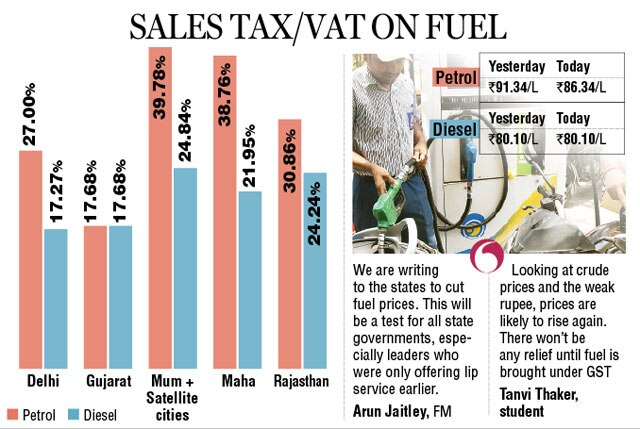
Jaitley said that direct tax revenues show a significant increase, which instils confidence regarding the fiscal deficit. The decision was taken after an inter-ministerial discussion between the Ministry of Finance and the Ministry of Petroleum and Natural Gas.
"The oil companies are fully confident about dealing with the situation," Jaitley said, responding to a question on the impact of the reduction on oil-marketing companies, "Their financial position is much better than earlier."
Taxes form a major portion of fuel prices, which vary state wise. While the Centre gets a fixed revenue share from sale of fuel, the states' revenues go up with higher crude prices as VAT charges are ad valoreum. "Therefore, it is easy for the states to forgo additional revenue," Jaitley said.
He pointed out that crude oil touched a four year-high of $86 a barrel on Wednesday and interest rates in the US have risen to a seven-year high.
According to K Ravichandran, group head and senior vice-president at Corporate Ratings, Icra, the government's move would cushion the impact on consumers as crude oil price breaches $86/bbl as the countdown to US sanctions on Iran begins and Rs/USD exchange rate hits lifetime low of Rs 73.4."
Meanwhile, Andhra Pradesh may not further reduce tax on petrol products since it already cut fuel prices by Rs 2/ litre last month. A one-rupee increase in price of these products fetches an additional revenue of Rs 560 crore to the state exchequer.
However, with the Centre and several state governments announcing fresh reduction in duties and taxes, the Chandrababu Naidu cabinet may take a call on Friday.
West Bengal Chief Minister Mamata Banerjee said it would not be possible to cut fuel prices in the state, adding that the Centre should have lowered the price by Rs 10 per litre and not just Rs 2.50.
"The Union government has hiked fuel prices several times," she said on Thursday at a public meeting in Siliguri, adding, "We have already reduced the price here."
On September 11, Bengal had followed in Andhra Pradesh's footsteps and cut fuel prices by Re 1. Mamata was quick to point out that while the states that dropped fuel prices were motivated by the looming polls, Bengal had no such stimulus.
Shortly after Jaitley's announcement, Gujarat government also announced a reduction in VAT rate on both fuels by 3 percent.
Chief Minister Vijay Rupani made the announcement on Twitter, but later in the evening, Deputy Chief Minister Nitin Patel said that the fuels would become cheaper by more than Rs 5.
"We have reduced VAT on petrol and diesel from 20 per cent to 17 per cent," he said. As a result, petrol price will fall by Rs 2.73/ litre, while diesel will become cheaper by Rs 2.67," he said.
Patel also said that reduction in VAT would hit the government's revenue by Rs 1,800 to 2,000 crore.
The move evoked mixed response on the street. "Fuel prices have risen sharply in the past few months," said Gurpal Singh Chabbra of Ahmedabad, "and are very high even after Thursday's cut. They need to be lowered further; the government should also ensure that prices don't rise further."
"This reduction comes in view of the upcoming elections in many states," said Tanvi Thaker, a student, "Looking at crude prices and the weak rupee, they are likely to rise in the coming days. There won't be any relief until fuel is brought under GST."
Maharashtra followed suit with Chief minister Devendra Fadnavis making the announcement for revised petrol prices on Twitter. Sources in the state's Finance department say revised diesel prices will be announced soon.
Maharashtra levies 26 per cent VAT, plus an additional cess of Rs 9 per litre on petrol in eight cities – namely, Mumbai, Thane, Navi Mumbai, Nagpur, Nandurbar, Aurangabad, Solapur and Nanded. In other places, VAT is at 25 per cent.
For diesel, the duty structure is 24 per cent and cess is at Re 1 per litre in the eight cities; and 21 per cent and Re 1 in the rest of the state.
Citizens responded to the news ambivalently "Most of us have fuel-efficient bikes," said Upendra Pawar who works with a food delivery firm, "because otherwise, even before the price hikes, it wasn't feasible to traverse the city all day. The price cut is welcome but it will hardly make any difference. I currently spend between Rs 30 and 50 extra to fill up the tank completely, compared to when the price of petrol was around Rs 76 per litre."
Those with shorter commutes responded more positively, like Prashant Bhingarde. He drives his petrol car to work every day. "My fuel consumption isn't much, so the price cut hardly makes any difference to me. In fact, I burn more fuel due to the traffic jam," he says.
For many, the reduction will not affect their monthly fuel allowance adequately, "I spend around Rs 10,000 on diesel every month," says Kishor Shetye, who drives a diesel car, "Even if the price goes down by Rs 5, savings won't exceed Rs 700. I opted for a diesel car as my second vehicle, due to the exorbitant cost of petrol. But now the price gap between the two fuels is narrowing."
"When I purchased this car three years ago," says Swapnil Raul, a driving partner with a cab aggregator, "diesel cost Rs 58 per litre; today I buy it at Rs 80 per litre. This has cut my profit margin by half — from Rs 200 to approximately Rs 100. However small the price-cut may be, it will be a relief."
(With agency inputs)





